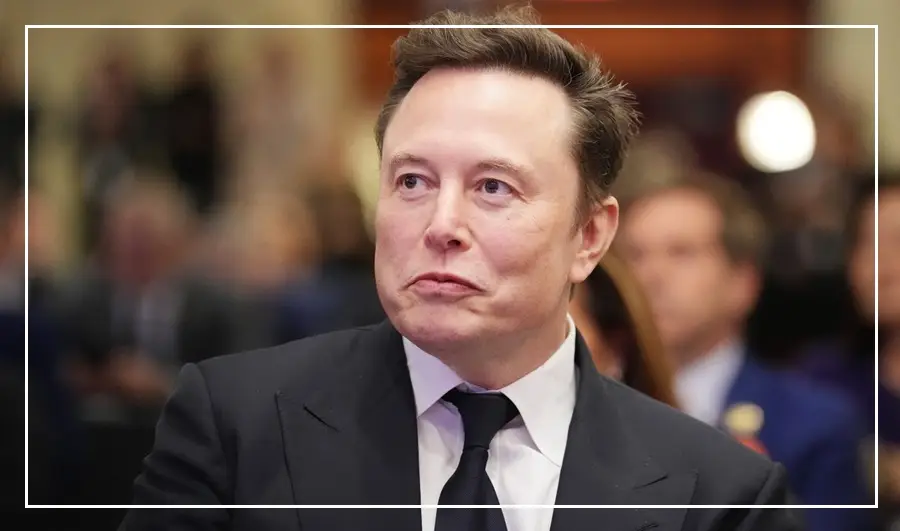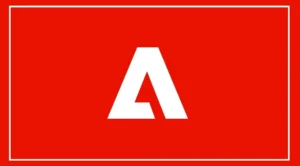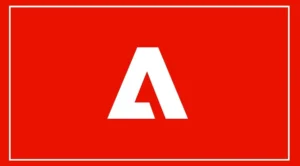Elon Musk’s satellite internet company, Starlink, is preparing to start operations in India.
The company is likely to receive the Global Mobile Personal Communication by Satellite (GMPCS) license from the Department of Telecommunications (DoT) soon.
This license allows satellite-based internet services to install satellite terminals in the country.
Starlink Meets Security Requirements
According to reports, Starlink was given a deadline of June 7 to meet certain security compliance conditions outlined in the Letter of Intent (LoI).
The company has successfully fulfilled these conditions. However, this does not mean an immediate launch, as there are still steps remaining.
Ground Gateways Still Need to Be Set Up
Before starting services, Starlink will need to install ground gateways, which act as network operation centers. This process may take a few more months to complete.
Final Approvals Still Pending
After setting up the required infrastructure, Starlink must get final clearance from the Inter-Ministerial Standing Committee. Once approved, the company will receive provisional spectrum allotment to operate in India.
Amazon’s Project Kuiper Yet to Receive Approval
Unlike Starlink, Amazon’s satellite internet service, Project Kuiper, has not yet received permission to operate in India. So far, the DoT has not issued an LoI to Amazon for this project.
Starlink’s Advanced Satellite Network
Starlink is developed by SpaceX, Elon Musk’s space company. It already provides high-speed internet in many countries using low Earth orbit (LEO) satellites.
This system is faster and more efficient than traditional services that rely on geostationary satellites.
Telecom Companies Raise Concerns
Indian telecom companies like Reliance Jio and Bharti Airtel have expressed concern over Starlink’s entry.
They believe that if satellite spectrum is provided at low cost, it could harm their business, giving Starlink an unfair advantage.
TRAI Suggests Revenue Sharing, Starlink Opposes Spectrum Auction
Recently, TRAI (Telecom Regulatory Authority of India) proposed that satellite internet providers pay 4% of their annual revenue to the government.
Starlink has opposed the idea of auctioning satellite spectrum.
Instead, it supports a license-based approach, arguing that satellite spectrum is a shared natural resource, and should be allocated accordingly, as done internationally.

























